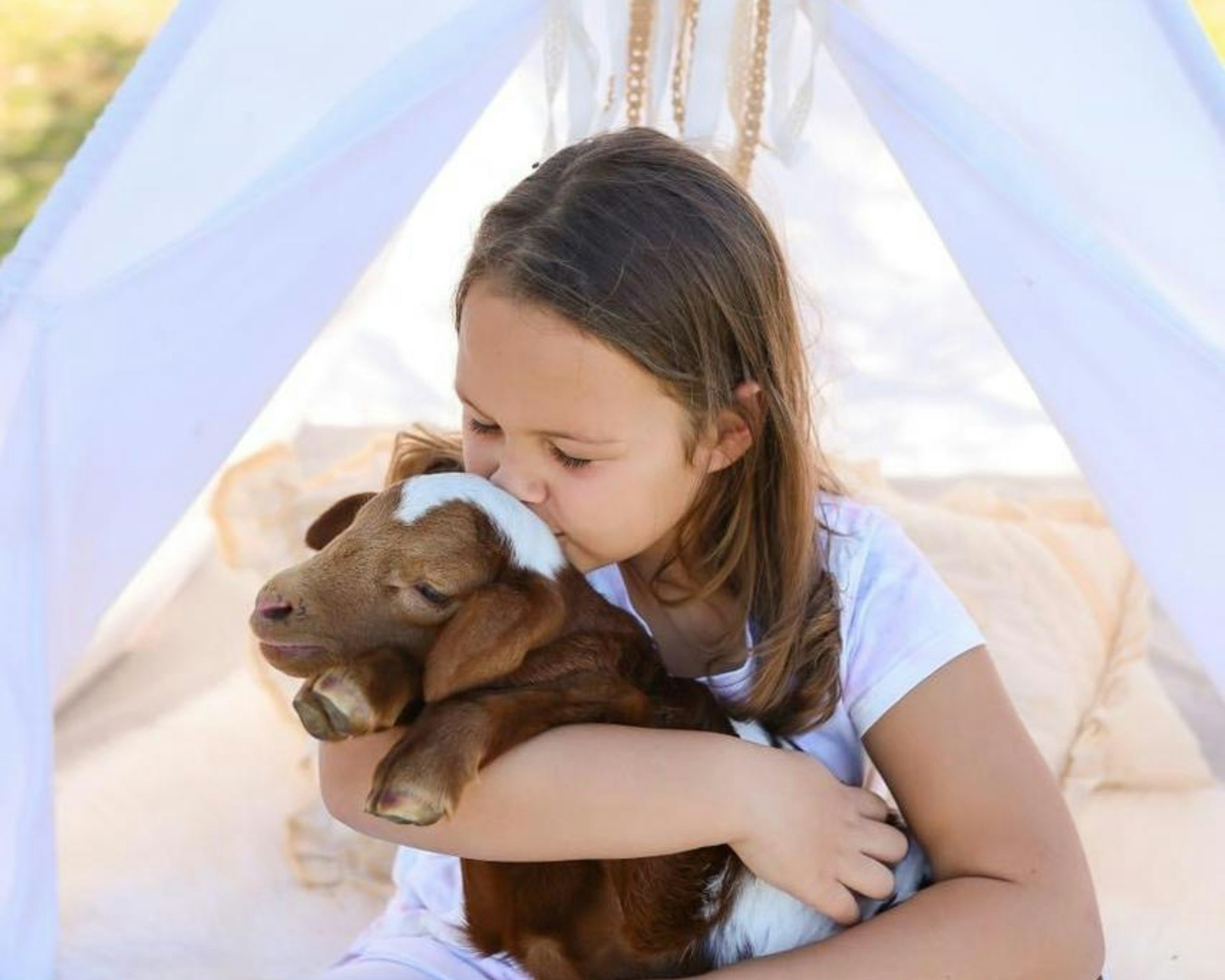Experience Culture: How to Enjoy Traditional Music and Food Festivals Worldwide

Photo by Philippe Murray-Pietsch on Unsplash
Introduction to Traditional Music and Food Festivals
Traditional music and food festivals are vibrant celebrations of local heritage, offering attendees a unique opportunity to experience the culture, culinary artistry, and musical traditions of communities worldwide. These events are found on every continent, ranging from large-scale city events to intimate village gatherings. In this guide, you will learn how to discover, attend, and make the most of these immersive cultural experiences, with actionable advice and real-world examples.
What Makes Traditional Music and Food Festivals Special?
At their core, these festivals are about more than entertainment-they are communal rituals that preserve and share regional identities. Attending such festivals means tasting traditional recipes, often passed down for generations, and listening to folk music or performances that reflect a community’s history. For participants, the benefits include cultural enrichment, exposure to new flavors and sounds, and the creation of unforgettable memories.
Finding Authentic Festivals: Steps and Strategies
To find traditional music and food festivals, consider these steps:
- Search for official travel and tourism websites for your target destination. Many cities and countries maintain up-to-date festival calendars.
- Consult cultural organizations and local arts councils, as they often organize or promote folk and food festivals.
- Use keywords like “folk festival,” “music and food festival,” “cultural food event,” and “traditional festival” in your searches, paired with your region of interest (e.g., “folk festival Ireland,” “food festival Thailand”).
- Look for recent coverage or reviews on reputable travel and culinary blogs, but verify festivals against official sources before planning your trip.
For example, the World Food and Music Festival in Des Moines, Iowa, is listed each year on the city’s official partnership website, with details about food vendors, music lineups, and cultural activities [4] .
Real-World Examples of International Festivals
There are hundreds of traditional music and food festivals globally, each with its own character and traditions. Here are several renowned examples:
- Phuket Vegetarian Festival (Thailand): This 10-day event in October is famous for its vegan street food and processions, offering a wide variety of plant-based dishes and parades with traditional music [1] .
- Melbourne Food and Wine Festival (Australia): Held each March, this festival features gourmet tastings, long-table dining, live music, and masterclasses. It showcases both Australian and international cuisines, and is noted for its diversity and interactive experiences [2] .
- Cambridge Folk Festival (United Kingdom): An annual folk music event dating back to 1964, this festival draws musicians and fans from around the world for a weekend of traditional performances in a lively, family-friendly setting [5] .
- Lobster Festival (Belize): Celebrating the start of lobster season, this summer event combines local music with a vast array of lobster dishes, beach parties, and community cook-offs [2] .
For more, explore lists like the Wikipedia list of folk festivals , which catalogs events by country and region [3] .
How to Participate: Practical Steps and Guidance
Once you’ve identified a festival of interest, follow these steps to plan your visit:
- Confirm Dates and Locations: Always verify festival dates and venues through official festival websites or tourism boards, as schedules may change annually.
- Book Tickets and Accommodations Early: Many popular festivals sell out months in advance. Secure your tickets and book lodging as soon as dates are announced.
- Plan Your Itinerary: Review the festival program. Many events offer multiple stages, cooking demonstrations, food competitions, and cultural workshops. Prioritize highlights and note times and locations.
- Learn About Local Customs: Understanding etiquette and traditions enhances your experience. For instance, some festivals may have dress codes, or feature processions that require respectful behavior.
- Try Signature Dishes and Participate in Activities: Be adventurous and sample a range of foods, even if they are unfamiliar. Join in dance workshops, music circles, or cooking classes if available.
- Document Your Experience: Take photos, collect recipes, or record small performances (where permitted) to remember your experience and share it with others.
For Des Moines’ World Food and Music Festival, visit the official event schedule to plan your experience and discover interactive activities such as cultural games and passport programs [4] .
Budgeting and Costs: What to Expect
Costs for traditional music and food festivals can vary widely. Many festivals offer free entry to public areas, with optional ticketed experiences such as wine pairings, chef masterclasses, or VIP concerts. Food prices typically range from modest street snacks to high-end tasting menus. For example, at the Melbourne Food and Wine Festival, basic entry is often free, but special events may cost AUD $30-$150 [2] . At the Belize Lobster Festival, lobster dishes typically cost BZD $10-$40 (about $5-$20 USD).
To avoid surprises:
- Review festival programs for ticket and food pricing.
- Seek early-bird discounts or package deals.
- Bring cash, as some rural or smaller festivals may not accept cards.
Alternative Approaches: Virtual and Hybrid Experiences
For those unable to travel, many festivals have expanded online. Virtual cooking classes, live-streamed concerts, and digital cultural workshops provide alternative ways to participate. Check official festival pages for details on virtual programming and ticketing.
Alternatively, seek out local cultural organizations or community centers in your area that may host similar events on a smaller scale. These can offer hands-on experience and connections with people who share your interests.
Potential Challenges and Solutions
Attending international festivals may involve logistical challenges, such as language barriers, travel restrictions, or unfamiliar customs. To address these:
- Use translation apps or learn basic phrases relevant to food and music.
- Check visa and entry requirements for your destination early.
- Research local customs and health/safety guidelines, particularly for food allergies or dietary restrictions.
For accessibility, reach out to festival organizers or tourism boards in advance for information on accommodations for mobility, dietary needs, or sensory considerations.

Photo by Rendy Novantino on Unsplash
Making the Most of Your Festival Experience
To truly immerse yourself, approach each festival with curiosity and respect. Engage with locals, ask questions about the traditions you observe, and be open to trying new foods and music styles. Often, the most memorable moments come from spontaneous interactions or discovering lesser-known performers and dishes.
How to Stay Updated and Get Involved
To stay current on upcoming festivals:
- Subscribe to official tourism board newsletters for your regions of interest.
- Follow social media accounts of major festivals and local cultural organizations.
- Regularly check festival calendars on official and travel-related websites.
If you wish to volunteer, perform, or become a vendor, reach out directly to festival organizers via their official websites. Many festivals offer opportunities for community involvement, from music and dance performances to food stalls and cultural demonstrations.
Conclusion
Traditional music and food festivals are powerful entry points into the world’s diverse cultures. By following the strategies and steps outlined here, you can discover, attend, and fully enjoy these extraordinary events-whether you travel internationally or participate in your local community. Always verify information through official sources, plan ahead, and embrace the spirit of discovery that defines these gatherings.
References
- [1] Allianz Travel Insurance (2025). Food festivals around the world.
- [2] Wanderlust Canadian (2025). Best International Food Festivals Around the World for Foodies.
- [3] Wikipedia (2007). List of folk festivals.
- [4] DSM Partnership (2014). World Food and Music Festival Schedule in Des Moines.
- [5] Expat Explore (2024). 18 of Europe’s most popular festivals & cultural events.
MORE FROM eboxgo.com













